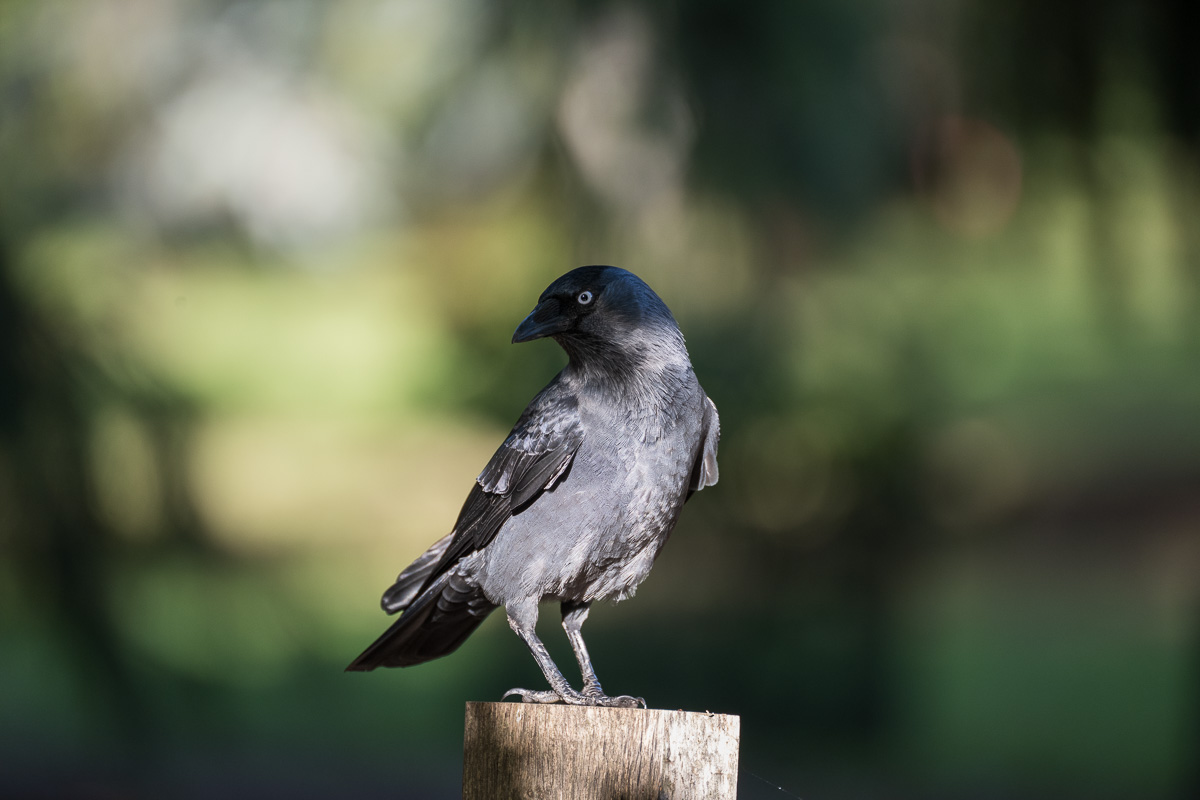- Call us: 01444 237070
- Contact Us
- Stores
- Sign In / Register
-
- Back
- Used Cameras
- Used Accessories
- Used Lenses
- Used Video
- Used Film Equipment
- Used Stock Alert
- Used Blank Test
- Sell or Part Exchange
- Used Clearance
- Recently Added Used Equipment
- Park Picks
- All Used Black Friday Deals
- Faulty
- Trade-In
- Blog
- New in
- Call us
- Contact us
- Stores
- Sign in
- Categories
- Tips & Inspiration
- Reviews
- News
- Events
- Features
- Buying Guides
- Competitions
Nikon Z 100-400mm f/4.5-5.6 VR S Review
For many photographers a 100-400mm lens is their most prized super telephoto zoom thanks to offering excellent reach, without the bulk, or price, of a telephoto prime. The far reaching focal range is particularly suited to distant subjects such as sports, action and wildlife, as well as for birds and landscape photography, where the ability to isolate far away details is highly desirable.
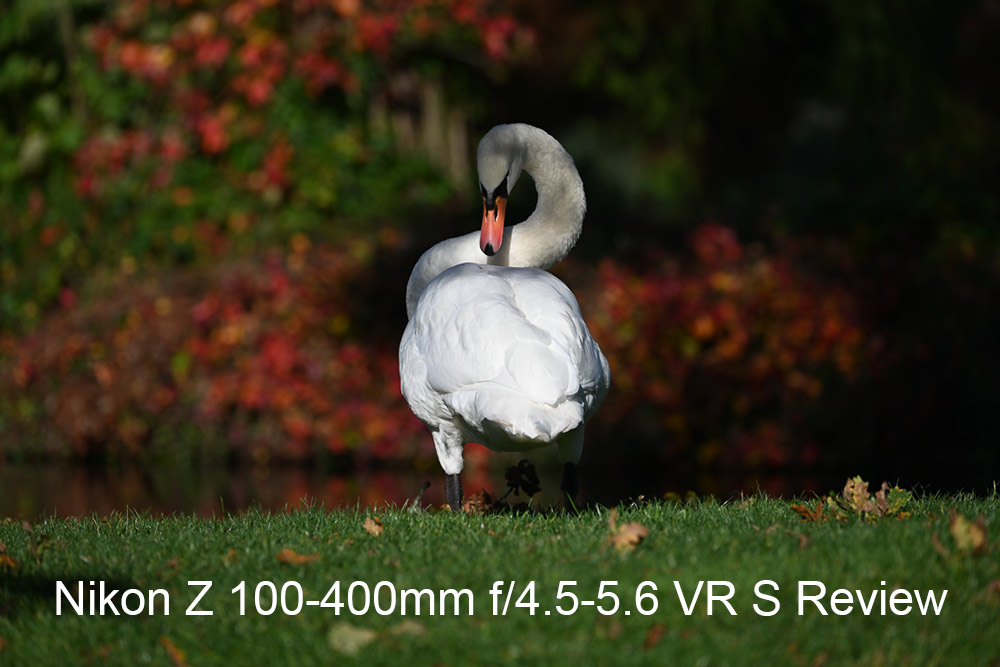
Swan lake @260mm. Camera settings: 1/800 sec. f/5.6. ISO 72
For this hands-on Nikon Z 100-400mm f/4.5-5.6 VR S review I enjoyed the opportunity to explore such a sought after S-Line model from the Nikon mirrorless lens lineup. The aim was to capture a variety of sample images, which demonstrate its performance across different lighting conditions, shooting in everything from a pink sunrise to rain, fog and during bright autumn daylight. We hope the review helps you to determine whether this is the perfect zoom lens for your photography.
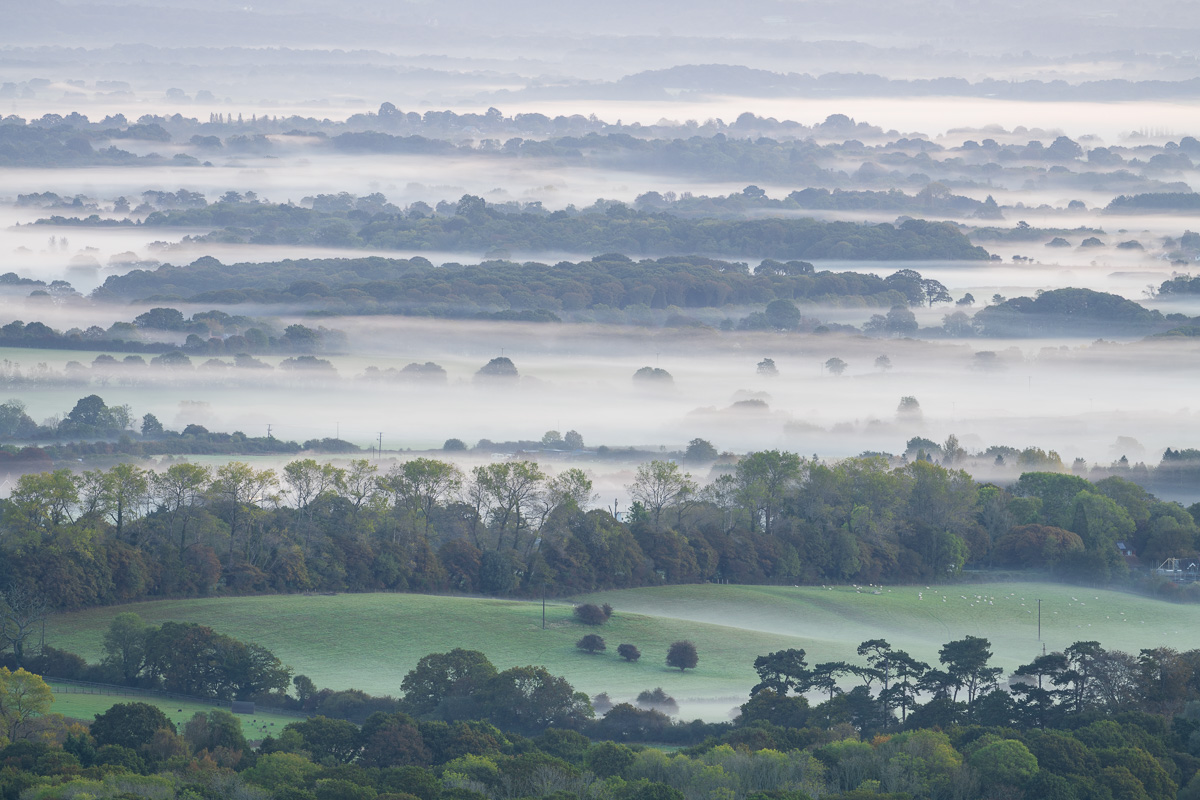
Misty sunrise @400mm. Camera settings: 1.3 sec. f/8. ISO 64 (tripod mounted)
Nikon Z 100-400 release date
Released in October 2021, this was the first super-telephoto zoom lens from Nikon, made for full-frame mirrorless Z cameras. For the Nikon Z 100-400 review I was fortunate enough to pair the lens with a Nikon Z7 II camera body, which is an excellent combination for resolution and image quality.
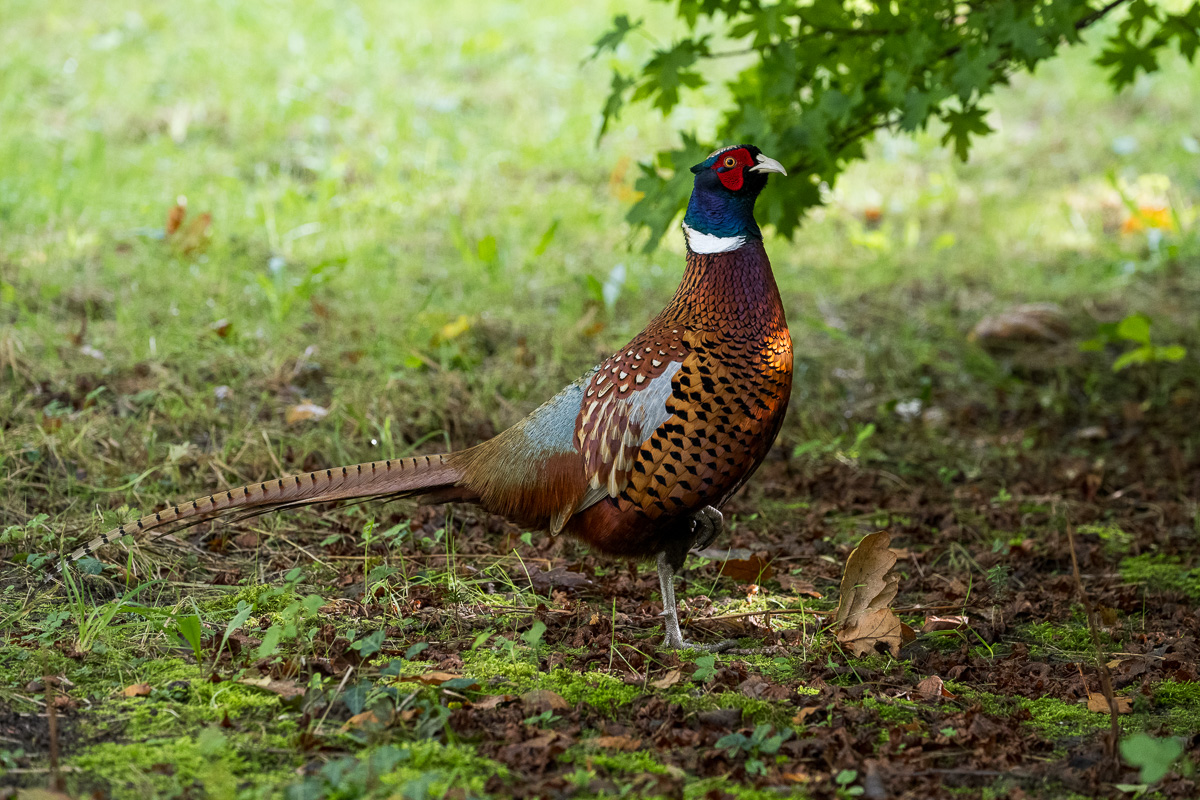
A very pleasant pheasant @220mm. Camera settings: 1/400 sec. f/7.1. ISO 3600
Nikon Z 100-400 price
Although priced at £2,949.00, having been on the market for a couple of years it is possible to find this lens in seasonal Nikon special offers. Additionally, used models occasionally become available, explore our range of used Nikon lenses to check current availability, and benefit from a 6-month warranty.

Landscape sunrise @100mm. Camera settings: 0.5 sec. f/8. ISO 64 (tripod mounted)
What is a 100-400mm lens for?
A 100-400mm lens is ideal for everything from wildlife and sports, to airplanes, portraits and bird photography. It’s also a great option for outdoor events and action, offering the flexibility to frame different compositions, without needing to reposition yourself. Although slightly unconventional, my main landscape photography lens is a 100-400.
One of the benefits of the Nikon Z 100-400mm is it’s short minimum focus distance and high magnification ratio. You can focus as close as 75cm at the wide end and 98cm at the 400mm end of the range, which makes an excellent tele-macro and close-up lens, when combined with the 0.38x magnficiation ratio, highlighted by the cobwebs sample photo.
This combination of close focusing and high magnification opens up the option to capture images of flowers, insects and other details, without needing a separate macro lens in your bag. This is especially true if you have lots of resolution available to crop into an image, such as with Nikon’s Z7 II, Z8 and Z9 cameras.
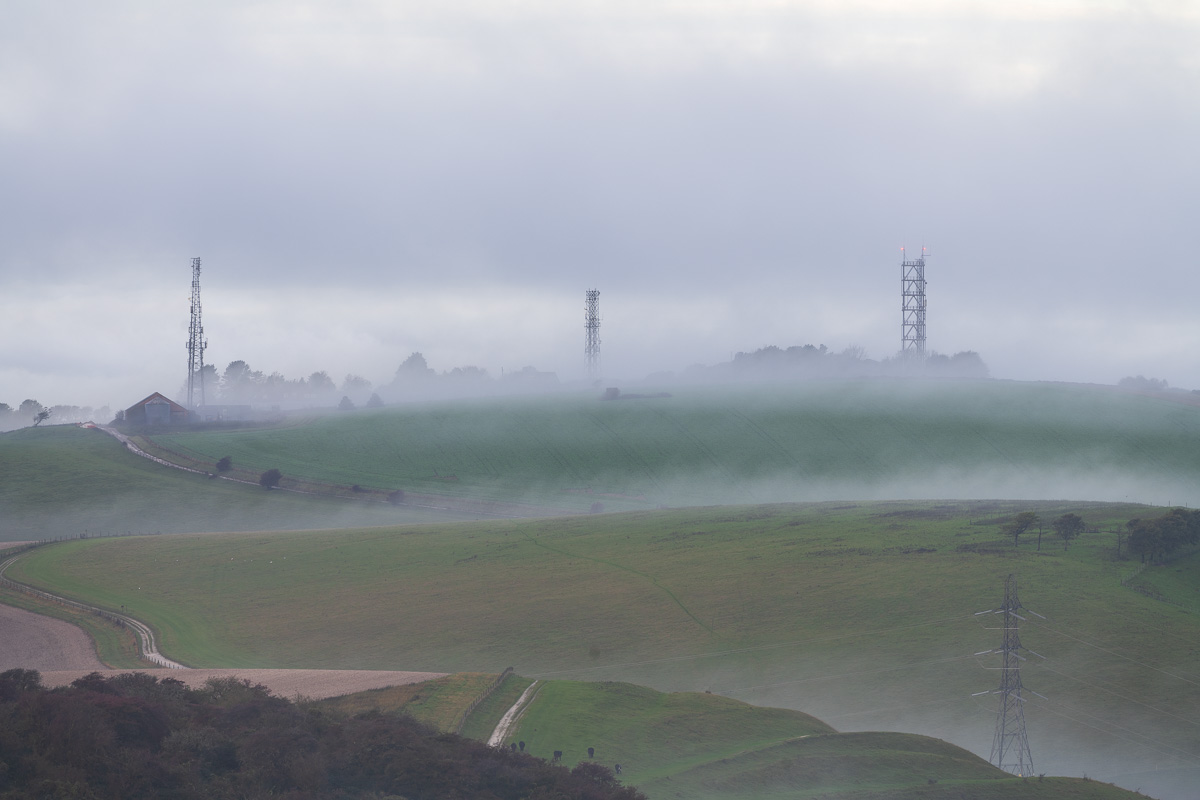
Misty scene @310mm. Camera settings: 1/25 sec. f/9. ISO 64 (tripod mounted)
Key specifications
|
Angle of View (DX) crop sensor cameras |
16° to 4° |
|
Angle of View (FX) full-frame cameras |
24°20′ to 6°10′ |
|
Min. Aperture 100mm / 400mm |
f/4.5 – f/5.6 |
|
Max. Aperture 100mm / 400mm |
f/32 – f/40 |
|
Aperture Blades |
9 rounded diaphragm |
|
Lens Construction Elements / Groups |
25/20 |
|
Special Elements |
6 ED glass, 2 Super ED glass |
|
Lens Coatings |
ARNEO / Nano Crystal Coating / Fluorine |
|
Vibration Reduction |
Up to 5.5-stops |
|
Internal Focusing |
Yes |
|
Control Rings |
Two |
|
Function Button |
Fn1 and Fn2 |
|
Focus Motor |
Stepping motor |
|
Minimum Focus Distance |
0.75 m (wide) at 100mm; 0.98 m (tele) |
|
Maximum Magnification |
0.38x |
|
Filter Thread |
77mm |
|
Weather/Dust Sealing |
Yes |
|
Dimensions (Length x Diameter) |
222 × 98 mm |
|
Weight with tripod collar |
1435 g |
Caught ya lookin’ @400mm. Camera settings: 1/250 sec. f/5.6. ISO 560
Nikon 100 400mm Z build and ergonomics
The Nikon 100 400mm Z features a metal lens mount with a hard plastic lens barrel. While it is not the lightest 100-400 zoom, it is light enough to handhold for extended periods and the weight is testament to the number of glass elements, internal mechanisms and overall solid construction.
Nikon has designed the lens to offer extremely smooth zooming, although the front of the lens does extend as you zoom in, which is common amongst these types of telephoto lenses. Some prefer internal zoom mechanisms as they reduce the chances of dust ingression, however Nikon has incorporated comprehensive seals to keep dust and moisture at bay.
During use the lens was very easy to work with, albeit the zoom and focus rings are opposite to my usual lens. Controls are well placed and although I didn’t customise any of the Fn buttons during my time, I did find the A-M switch and Focus Limiter (3m) well placed and extremely useful in certain situations.
When using this lens on a tripod, it was necessary to attach an Arca-Swiss compatible tripod plate to the lens foot, as my usual 3 Legged Thing L bracket didn’t fit the camera body. You can get universal L-brackets, although the weight of this particular lens warrants mounting onto the foot to avoid sag.

Spidery dew @400mm. Camera settings: 1/60 sec. f/7.1. ISO 1600
Nikon Z 100 400mm vibration reduction
One of the main benefits of enhanced camera and lens stabilisation, is the ability to shoot handheld without needing a support. Nikon rates the Nikon Z 100 400mm lens VR mechanism at 5.5-stops, which allowed me to capture sharp results when zoomed in at 1/60 second, and even slower.
When shooting with such a high-resolution sensor, particularly in windy conditions, some of my shots turned out blurry, emphasising the need for caution during those situations. However, the majority of the images captured, whether using a tripod or handholding, were impressively sharp, which brings us on to image quality.

Autumnal colour and bokeh @400mm. Camera settings: 1/200 sec. f/5.6. ISO 1100
Image quality
With an S-Line badge, the Nikon Z 100-400mm f4.5-5.6 S lens sits at the top of the Z lineup. S-Line lenses offer extremely high resolution, with sharp details even when shooting at the widest aperture. The 100% cropped sample images highlight the impressive resolution, sharpness and detail which this model consistently reproduces, even in the corners of the frame. Chromatic aberration was unnoticeable in any of the images I captured, and vignetting, which doesn’t concern me anyway, was never an issue. Overall this lens achieved fantastic results, with the only misses being down to human error.
The 9-bladed aperture diaphragm renders lovely rounded bokeh, and you can achieve silky smooth defocus areas in the background, especially if the subject has some separation. In practice the aperture range only presents a challenge in very low light conditions, however that’s when VR kicks in, and you can also harness deep learning noise reduction when needed, which is found in most photography software today.
Nikon RAW files are very easy to work with and images had wide dynamic range from the combination of the Nikon Z7 II and this lens, providing plenty of editing latitude. If you need high-quality results the Nikon 100-400 Z lens will not disappoint.
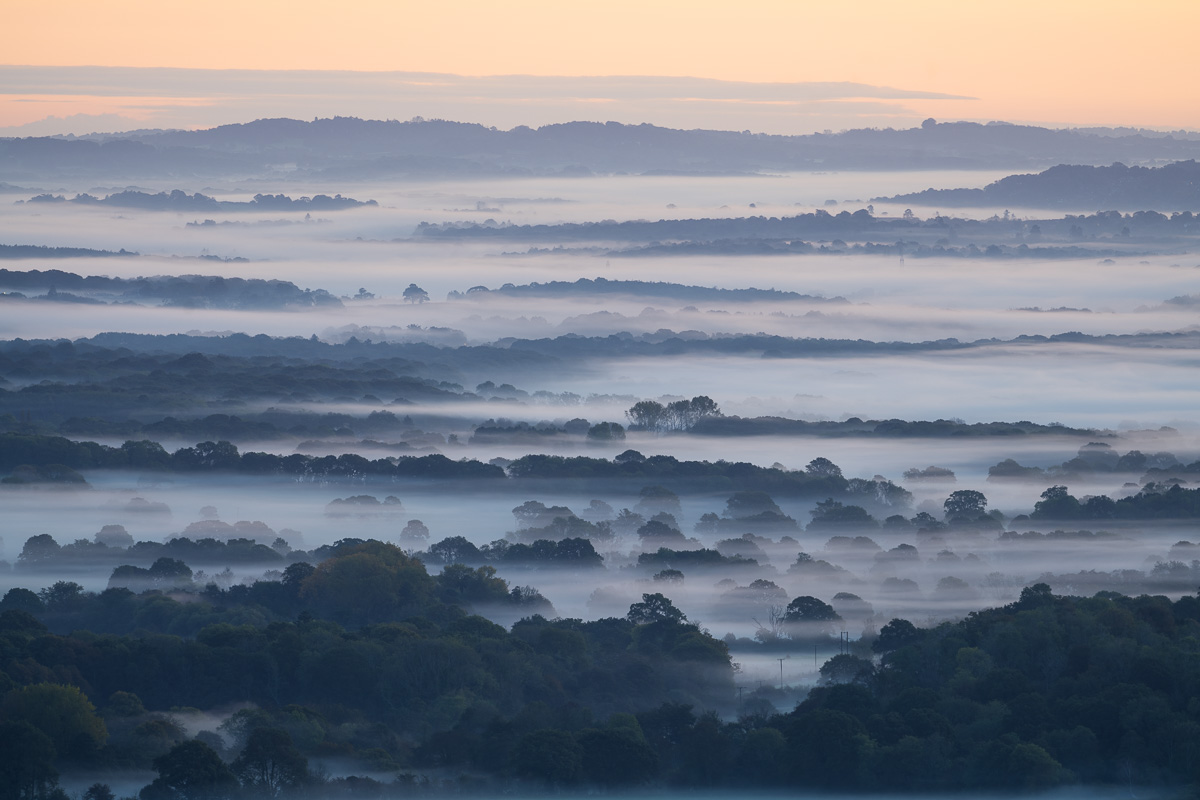
Milky sunrise @400mm. Camera settings: 1.0 sec. f/7.1. ISO 64 (tripod mounted)
Teleconverter compatibility
You can increase reach by using either the Nikon Z 1.4x Teleconverter or Z 2.0x Teleconverter, which increases the maximum range to 560mm or 800mm. Having this flexibility will appeal to photographers who occasionally need that kind of range, without going to the Nikon Z 600mm F/6.3 VR S Lens, which you can learn more about in our Nikon Z 600mm F/6.3 VR S Lens review.
Although I didn’t have a TC to hand for testing at the time of the review, the convenience of this capability in a super telephoto zoom lens enhances its appeal even further.
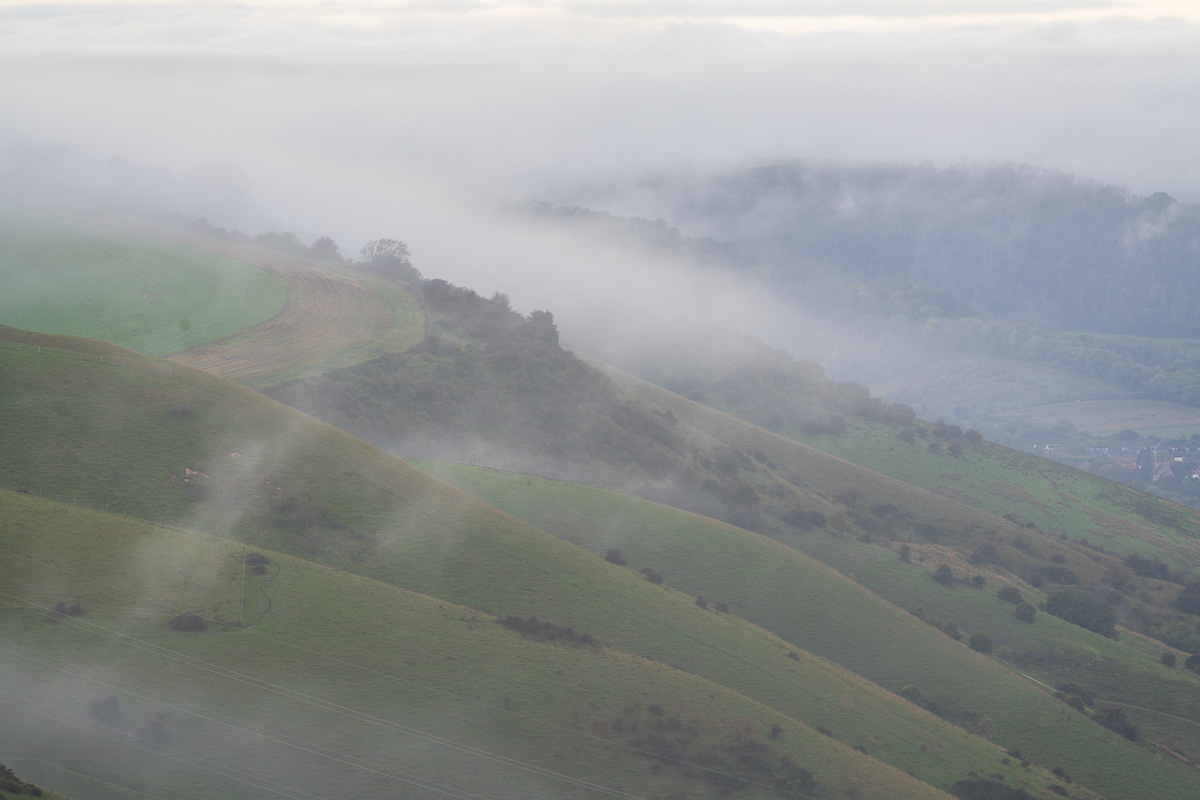
More mist! @400mm. Camera settings: 1/15 sec. f/9. ISO 64 (tripod mounted)
Who is this lens for?
We should look at alternative super telephoto lenses when considering who the 100-400 Nikon Z is for, to help establish whether this is the right one for you. The table below compares three of the most popular options at this range and price point.
|
|
|||
|
RRP |
£2,549.00 |
£3,190.00 |
£1,799.00 |
|
Lens Construction Elements / Groups |
25/20 |
19/13 |
25/17 |
|
Special Elements |
6 ED glass, 2 Super ED glass |
1 ED, 2 super ED, 1 SR |
6 ED, 1 aspherical element |
|
Lens Coatings |
ARNEO / Nano Crystal Coating / Fluorine |
Nano Crystal Coating / Fluorine |
Fluorine |
|
Aperture Blades |
9 rounded diaphragm |
9 rounded diaphragm |
9 rounded diaphragm |
|
Vibration Reduction |
Up to 5.5-stops |
Up to 5.5-stops |
Up to 5.5-stops |
|
Internal Focusing |
Yes |
Yes |
Yes |
|
Control Rings |
Two |
Two |
Two |
|
Function Buttons |
Yes |
Yes |
Yes |
|
Minimum Focus Distance |
0.75 m (wide) at 100mm; 0.98 m (tele) |
2.5 m |
180 mm: 1.3 m 200 mm: 1.36 m 300 mm: 1.67 m 400 mm: 1.94 m 500 mm: 2.19 m 600 mm: 2.4 m |
|
Maximum Magnification |
0.38x |
0.16x |
0.25 x |
|
TC comatible |
Yes |
Yes |
Yes |
|
Filter Thread |
77mm |
95 mm |
95 mm |
|
Weather/Dust Sealing |
Yes |
Yes |
Yes |
|
Dimensions (Length x Diameter) |
222 x 98 mm |
104 mm x 234.5 mm |
110 mm x 315.5 mm |
|
Weight with tripod collar |
1435 g |
1245 g |
2140 g |

Example of detail (screengrab) at 100% crop of cover image
The 100-400mm lens offers some advantages over the other two options, including higher magnification and closer minimum focus distance. It’s also more compact, and features a smaller 77mm filter thread, which can make a difference to price and availability when buying essential lens filters, like a circular polariser or UV filter.
If you regularly shoot with a teleconverter at longer telephoto lengths, the Nikon Z 180-600mm F/5.6-6.3 VR may be the better option, but for shorter distances the 100-400mm offers everything you need at a considerably lower weight.
Summary
A 100-400mm lens is considered indispensable by many photographers for its versatility, and Nikon's 100-400mm mirrorless lens stands out for its exceptional sharpness, VR stability, and user-friendly operation. The lens fulfils its intended function admirably, with the added flexibility of teleconverter compatibility, and boasts robust build quality with extensive weather sealing.
The only downsides I came across were the lack of an Arca Swiss tripod foot, and the weight, both of which are common complaints for virtually all 100-400mm lenses from any brand. If you capture a variety of more distant subjects this will be one of the most enjoyable lenses in your kit bag, which delivers fantastic results across a spectrum of genres.
Pick up your own Nikon Z 100-400mm F/4.5-5.6 S lens today and see for yourself how it can transform your photographic pursuits with its accomplished performance. If you’re considering trading-in a lens to upgrade to this model, why not grab a fast and free quotation.
Share this post:
By Nick Dautlich on 20/12/2023
Nick Dautlich
Senior Content Writer and Product Reviewer
Nick Dautlich is the Senior Content Writer and Product Reviewer at Park Cameras, with over 15 years of photography experience. A Sony Imaging Professional and expert reviewer, Nick has worked with major brands such as Canon, Sony and Nikon. His work is also featured on Vanguard World UK’s website, Capture Landscapes, and Shutter Evolve. Nick’s photography includes National Trust projects and magazine covers and he is passionate about landscapes and storytelling. Nick also enjoys hiking and teaching his children about nature. Learn more on his profile page.
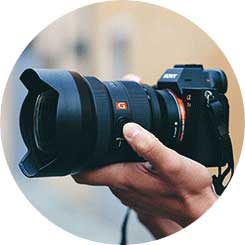
Trade in your old equipment
Fast and easy trade in service ensures your old gear is collected efficiently and you are paid quickly! It's very simple to trade in your unwanted photography gear. Just head over to our dedicated Sell or Part Exchange page, fill out the details, and we'll get back to you with an offer for your old gear. Take the cash, or put it towards the cost of your new gear. It's up to you! Find out more
sign up to the newsletter
Keep up to date on the latest photography news, events and offers. Sign up now

